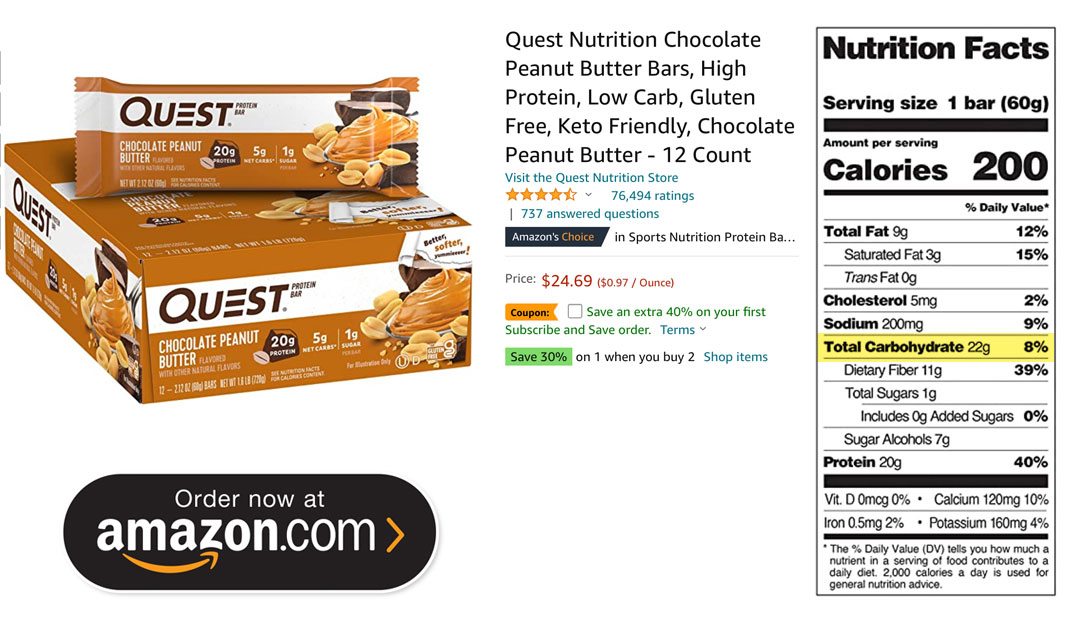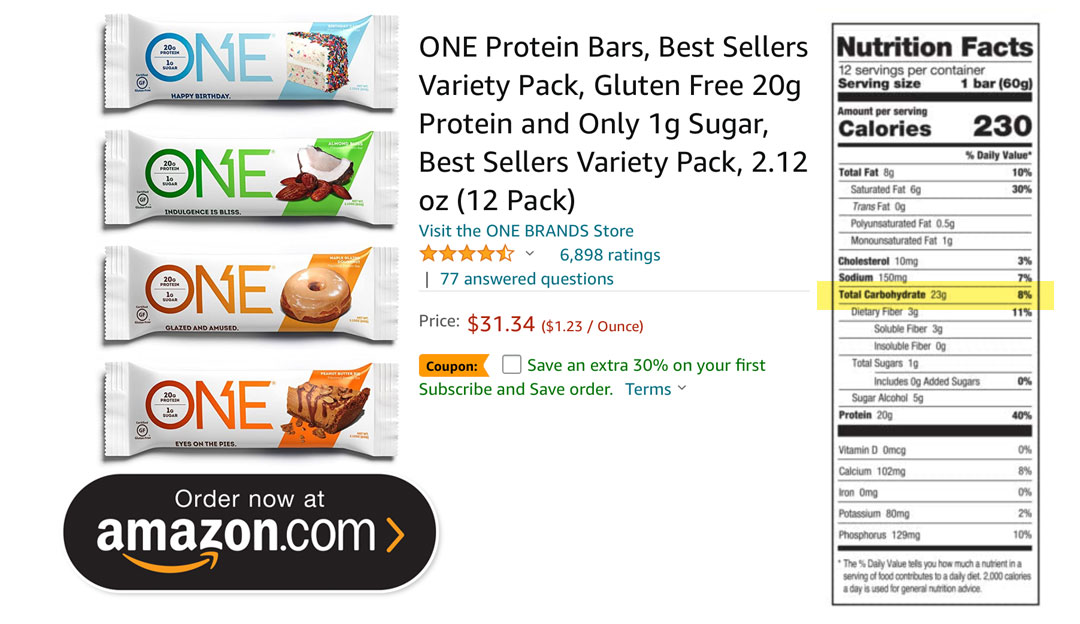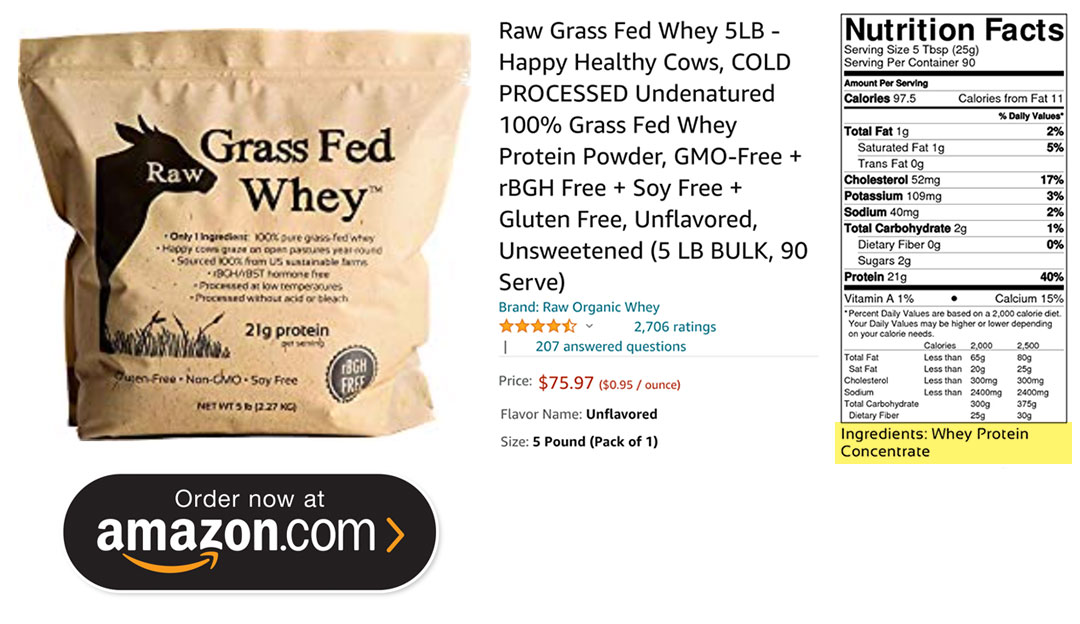Portable Protein on the Go
Protein bars are a portable source of protein that can be eaten before or after a workout, or as a snack between meals. But how long does it take for the body to digest a protein bar?
The rate at which the body digests a protein bar depends on the type and quality of protein in the bar, the presence of other macronutrients, and the individual’s digestive health. Carbohydrates and fat usually digest more quickly than protein.
The human body processes different types of protein differently. For example, a protein shake will be digested differently from protein bars, and the absorption of proteins found in normal food will be slightly different yet.
Biological Value of Protein Bars?
One way to gauge the rate of digestion is to look at the “biological value” (BV) of a protein. The BV is a measure of how well the body can utilize a particular protein, with higher values indicating better absorption and utilization. Proteins with a high BV, such as egg whites and whey protein, are generally more easily digested than those with a low BV, such as soy protein.
So, how long does it take for a protein bar to be digested?
It takes about 3 to 4 hours for the human body to digest normal solid foods, including protein bars, and extract all the nutrients from them.
Protein for Muscle Growth
Protein bars can be especially useful for bodybuilders, who may have specific protein needs to support muscle growth and repair. Protein bars can help to promote muscle synthesis after a workout and reduce muscle breakdown.
The whey protein isolates found in most shakes can be absorbed by the muscles almost immediately, which makes them ideal for use after strength training workouts.
Protein bars are not nearly as effective for giving your muscles a growth burst right after working out, but they can still be highly useful to aspiring or active athletes. You can throw some bars in your glove box so you’ll never be without a high-protein snack. You can slip some into your gym bag; they’ll do in a pinch in case you run out of time to eat beforehand, or if using your powdered supplement mix isn’t convenient.
Use a free tool like Cronometer.com to monitor how much protein, fat, and carbohydrates are in your diet to make sure you don’t get too much protein at one time. It’s possible to cause harm to your kidneys and renal system if you get too much protein too often.
Not all protein bars are created equal. Some may be high in sugar, artificial sweeteners, and other additives that can reduce their potential health benefits. Read the labels and choose protein bars that are made with high-quality protein sources and minimal additives. Beware of claims such as “Keto Friendly” or “0 Sugar.” Some manufacturers hide sugars behind technical terms such as dextrose, maltose, galactose, etc.
Net Carb Fallacy
Also don’t be fooled by so-called “net carbs.” Fiber may somewhat slow the metabolism of carbohydrates, but it does not erase their glycating or insulin-raising effects. Check the total carbohydrates. Many so-called “protein bars” contain more grams of carbohydrates than they do protein.
Some popular brands of protein bars include: Quest, RXBar, and One.
The Quest Protein Bar has 20 grams of protein, but notice the 22 grams of carbs and the 7 grams of sugar alcohols.
RXBAR ups the ante with 23 grams of carbs and 13 grams of sugar.
The ONE Protein Bars have 23 grams of carbohydrates but just 1 gram of sugar plus 5 grams of sugar alcohols.
Our Recommended Alternative: Just 1 Ingredient
Raw Organic Grass Fed Whey was created to make the purest, unadulterated organic whey protein. Superior quality begins with what the cows eat and how they live. Raw whey comes from cows that are pasture-fed on small farms. These cows are raised without hormones, antibiotics, steroids, or genetically modified feed.




